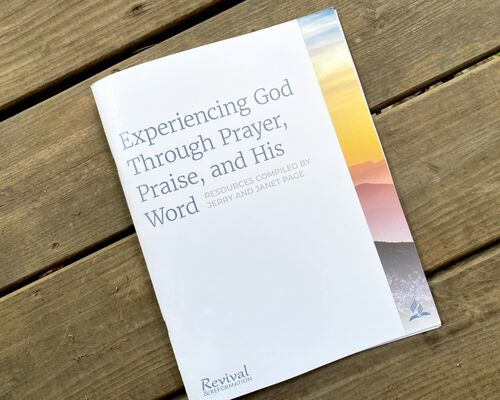Isaiah 4
Reading Time: Less than one minute Listen
And in that day seven women shall take hold of one man, saying, We will eat our own bread, and wear our own apparel: only let us be called by thy name, to take away our reproach.
2 In that day shall the branch of the Lord be beautiful and glorious, and the fruit of the earth shall be excellent and comely for them that are escaped of Israel.
3 And it shall come to pass, that he that is left in Zion, and he that remaineth in Jerusalem, shall be called holy, even every one that is written among the living in Jerusalem:
4 When the Lord shall have washed away the filth of the daughters of Zion, and shall have purged the blood of Jerusalem from the midst thereof by the spirit of judgment, and by the spirit of burning.
5 And the Lord will create upon every dwelling place of mount Zion, and upon her assemblies, a cloud and smoke by day, and the shining of a flaming fire by night: for upon all the glory shall be a defence.
6 And there shall be a tabernacle for a shadow in the day time from the heat, and for a place of refuge, and for a covert from storm and from rain.
Public Domain KJV text from Wordproject.org
Isaiah 4:1-6
1And seven women shall take hold of one man in that day, saying, “We will eat our own bread and wear our own clothes, only let us be called by your name; take away our reproach.”
The Branch of the Lord Glorified
2In that day the branch of the Lord shall be beautiful and glorious, and the fruit of the land shall be the pride and honor of the survivors of Israel. 3And he who is left in Zion and remains in Jerusalem will be called holy, everyone who has been recorded for life in Jerusalem, 4when the Lord shall have washed away the filth of the daughters of Zion and cleansed the bloodstains of Jerusalem from its midst by a spirit of judgment and by a spirit of burning. 5Then the Lord will create over the whole site of Mount Zion and over her assemblies a cloud by day, and smoke and the shining of a flaming fire by night; for over all the glory there will be a canopy. 6There will be a booth for shade by day from the heat, and for a refuge and a shelter from the storm and rain.
ESV Bible text displayed through the American Bible Society's Global Bible Widget
Isaiah 4:1-6
1In that day seven women
will take hold of one man
and say, “We will eat our own food
and provide our own clothes;
only let us be called by your name.
Take away our disgrace!”
The Branch of the Lord
2In that day the Branch of the Lord will be beautiful and glorious, and the fruit of the land will be the pride and glory of the survivors in Israel. 3Those who are left in Zion, who remain in Jerusalem, will be called holy, all who are recorded among the living in Jerusalem. 4The Lord will wash away the filth of the women of Zion; he will cleanse the bloodstains from Jerusalem by a spirit of judgment and a spirit of fire. 5Then the Lord will create over all of Mount Zion and over those who assemble there a cloud of smoke by day and a glow of flaming fire by night; over everything the glory will be a canopy. 6It will be a shelter and shade from the heat of the day, and a refuge and hiding place from the storm and rain.
NIV Bible text displayed through the American Bible Society's Global Bible Widget
Commentary
The judgment messages grow to be words of hope. Hope is powerful. It enables us to take the next step. It encourages us to hold on. Without hope, there is nothing to motivate us to move on. Hope is the little light at the end of the tunnel. It is the spark that delivers the energy to take one more stride.
The messianic prophetic messages do just that! They paint an image of God’s love and care for His lost children, showing that He will go to all extremes to bring them back home to live eternally with Him. It is also an image of his protection that reminds us of the exodus from Egyp-- the cloud by day and the pillar of fire by night.
The last line of“Footprints in the Sand” (read the full poem) reveals this love, care, protection, and hope that the fulfillment of the messianic prophecies in Jesus provide for us.
“The Lord replied, “My precious, precious child I love you and would never leave you. During your times of trial and suffering, when you only see one set of footprints, it was then that I carried you.” “
Wayne A. Wasiczko
Retired Educator and Conference Auditor, Selah, Wshington USA (as of this writiing)






